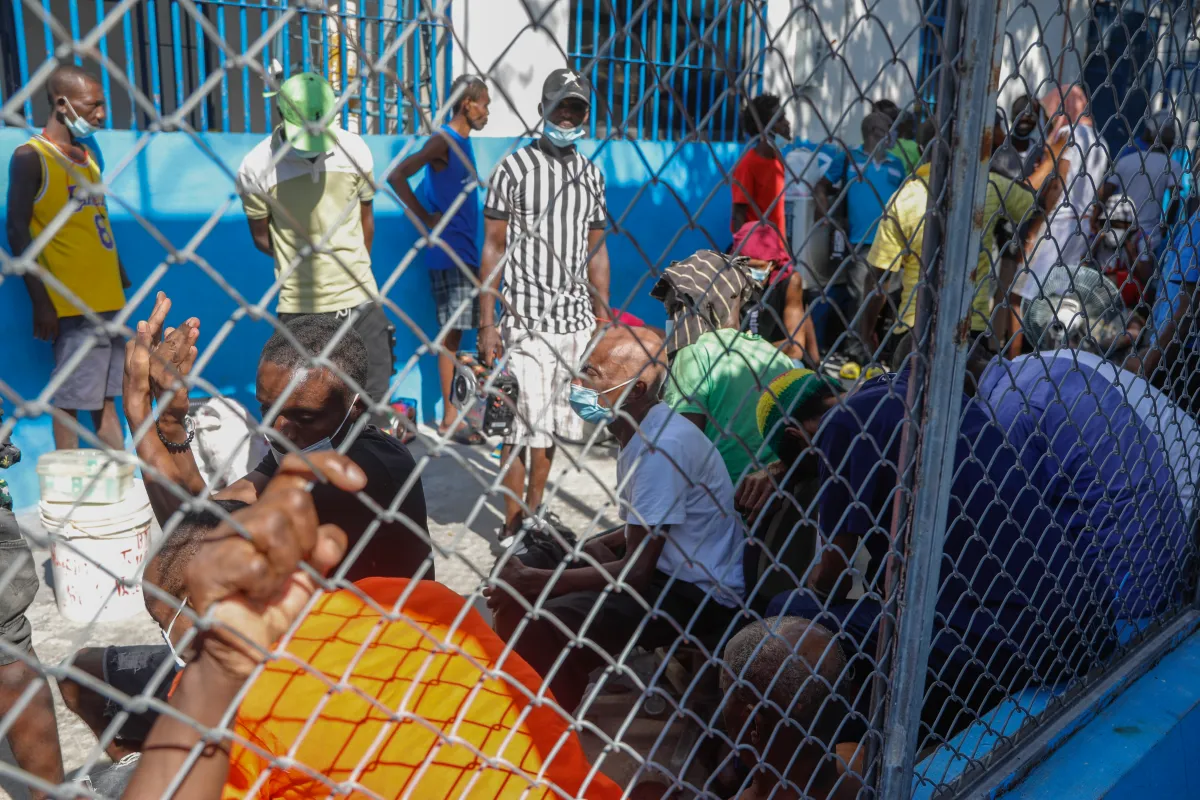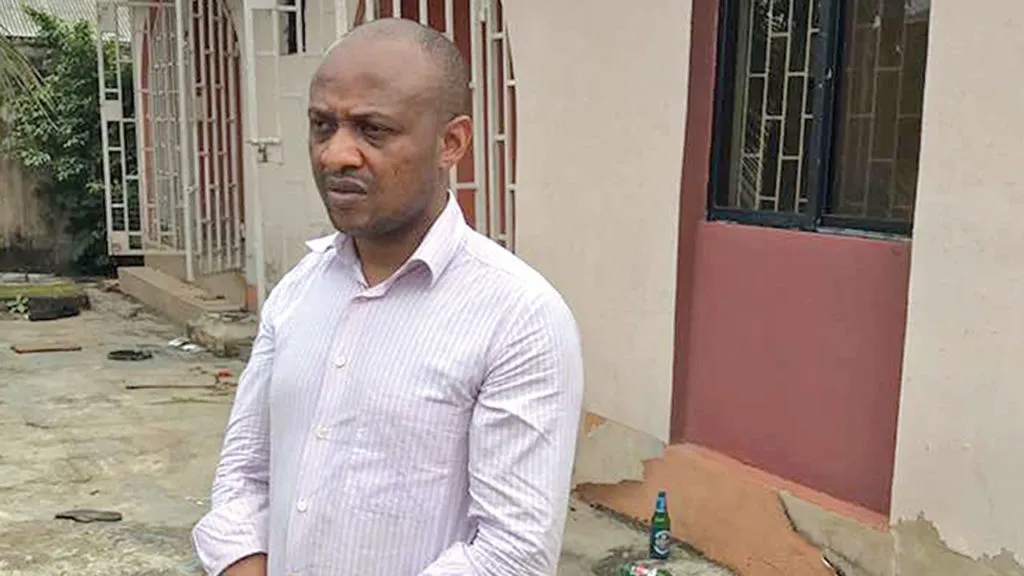Armed factions have initiated a daring assault on Haiti’s primary penitentiary situated in the heart of Port-au-Prince, resulting in the liberation of a multitude of detainees. As per accounts from a local correspondent, the overwhelming majority of the roughly 4,000 individuals confined within the establishment have successfully absconded, marking a milestone in Haiti’s annals with one of its most extensive jailbreaks.
Among the captives were members of criminal syndicates facing allegations tied to the 2021 assassination of President Jovenel Moïse, elucidating the gravity and ramifications of the prison’s breach. This event accentuates the hurdles in upholding security and law enforcement in Haiti, a nation besieged by enduring political turmoil and rampant gang warfare.
Tensions in Haiti, esteemed as the most impoverished nation in the Western Hemisphere, have escalated in recent times, with armed factions wielding substantial influence over metropolitan territories, particularly in Port-au-Prince. These factions, with aspirations to unseat Prime Minister Ariel Henry, purportedly hold sway over 80% of the capital, exacerbating the prevailing security crisis engulfing the country.
The recent surge in hostilities coincided with Prime Minister Ariel Henry’s sojourn to Nairobi to deliberate on the prospective deployment of a multinational security contingent led by Kenya to Haiti. The synchrony of events surrounding the prison break underscores the formidable hurdles confronting the Haitian government in addressing the underlying causes of insecurity and instability, impeding endeavors to restore order and foster progress.
The liberation of myriad detainees from Haiti’s primary correctional facility poses a formidable menace to public welfare and compounds the already dire humanitarian predicament in the nation. It further strains the capabilities of law enforcement agencies and underscores the imperative of synchronized endeavors to combat lawlessness and reinstate the rule of law.
The audacious character of the prison’s breach underscores the boldness of armed factions operating within Haiti and their capacity to subvert governmental authority. The occurrence reflects broader governance and security dilemmas confronting the nation, accentuating the urgency of redressing systemic issues such as destitution, disparity, and political volatility.
The global community’s reaction to the crisis in Haiti will be pivotal in addressing immediate security apprehensions and bolstering enduring initiatives to foster stability and progress. Collaborative endeavors between Haitian authorities and international collaborators are indispensable in tackling the multifaceted challenges confronting the nation and propelling sustainable resolutions to the ongoing predicament.
As Haiti contends with the aftermath of the prison break and escalating hostilities, concerted actions are imperative to confront the underlying catalysts of insecurity and instability. This encompasses fortifying institutions, catalyzing economic opportunities, and ameliorating social disparities to cultivate a more resilient and inclusive society.
The prison break in Haiti underscores the compelling necessity for comprehensive measures to confront the nation’s security predicaments and foster stability and advancement. The incident serves as a poignant reminder of the intricacies confronting Haiti and the imperative of concerted efforts to address the root causes of violence and insecurity afflicting the nation.




